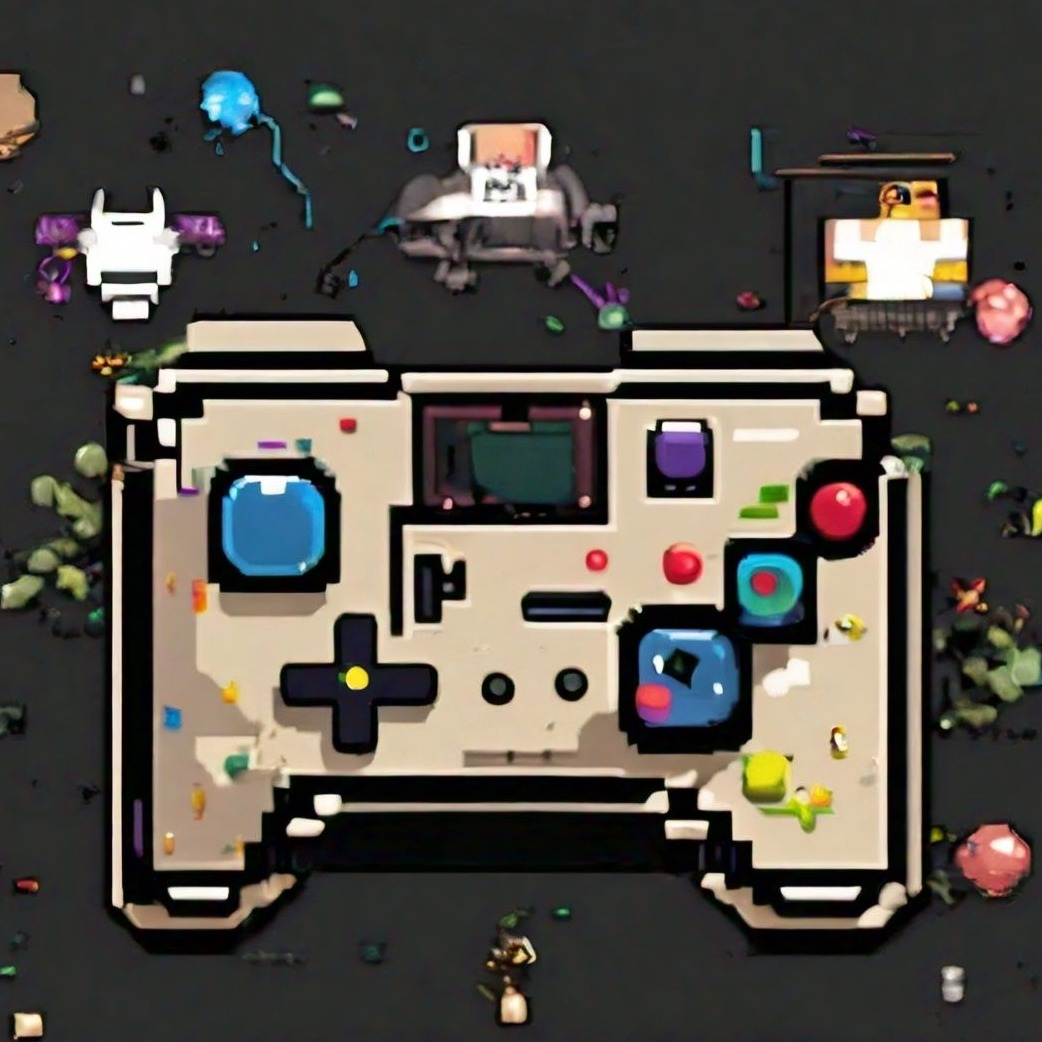Gamified Learning With An AI Board Game Tournament: Conclusion, Software and Data
by
July 3rd, 2024
Audio Presented by

Gamifications unlocks engagement secrets, merging playful design and tech to turn the ordinary into the extraordinary.
Story's Credibility

About Author
Gamifications unlocks engagement secrets, merging playful design and tech to turn the ordinary into the extraordinary.
